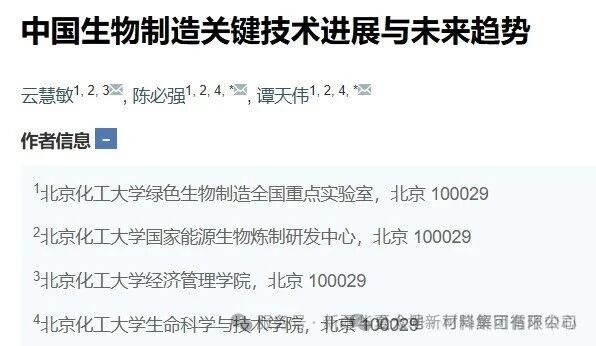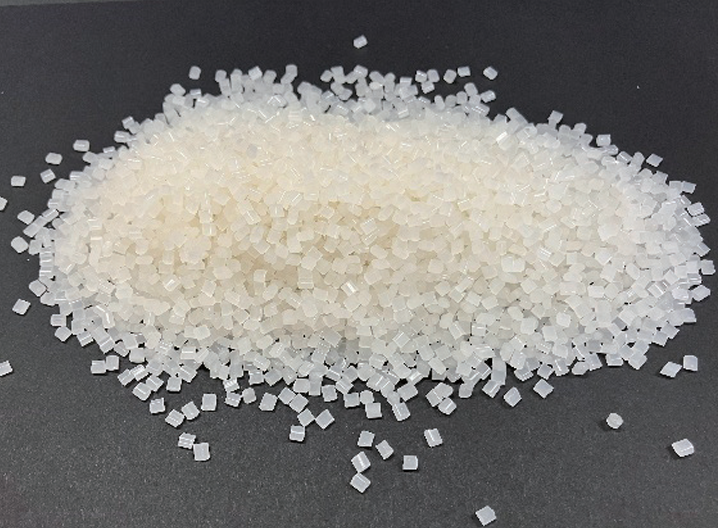Recently, in the southern French city of Nice, ministerial officials from 40 countries around the world held a closed-door meeting this week, aiming to promote the formulation of a legally binding global treaty on plastic pollution. This treaty will be the first to comprehensively regulate the entire life cycle of plastics - from production, consumption to waste management - with the aim of addressing this increasingly severe environmental crisis.
This meeting was chaired by Janos Janoson, the Executive Director of the United Nations Environment Programme. It was held concurrently with the United Nations Ocean Conference and injected new political impetus into the process of treaty negotiations. All the participants reaffirmed their commitment to complete the negotiations on the treaty text at the Intergovernmental Negotiating Committee meeting to be held in August this year. The Executive Secretary of the Intergovernmental Negotiating Committee, Mathur-Philippe, said: "All parties have re-committed to completing the treaty by August. This issue is too urgent to be left for future resolution."
Plastic pollution poses a threat to the environment and the economy.
According to the United Nations' estimation, if no effective intervention measures are taken, the amount of plastic waste entering the ocean each year could reach as high as 37 million tons by 2040. Plastic pollution has permeated almost all ecosystems, and microplastics are increasingly commonly found in soil, water bodies, and even in the human body. Mathur-Philip warned: "We are being suffocated by plastic. If no immediate action is taken, we will no longer have a complete ecosystem, whether on land or in the ocean." She pointed out that the economic losses caused by plastic pollution cannot be ignored. The United Nations report shows that from 2016 to 2040, plastic-related damages could cause approximately 2.81 trillion US dollars in economic losses worldwide, affecting tourism, fisheries, coastal infrastructure and ecosystems. She emphasized: "This has placed a heavy burden on the global economy, from tourism, beach cleanups, to reduced fish catches by fishermen, and the destruction of coastal and wetland ecosystems, with far-reaching impacts." She pointed out that although plastic pollution is a global problem, small island developing states often bear an disproportionate impact. They are the victims of plastic pollution, yet they have to clean up a large amount of garbage that is not their own, which is unfair. It is estimated that 18% to 20% of the global annual plastic waste eventually flows into the ocean.
The crucial negotiations are approaching, and the outline of the treaty has already emerged.
Since the resolution to launch negotiations was adopted at the United Nations Environment Assembly in 2022, the Intergovernmental Negotiating Committee has held five rounds of meetings. At the last meeting in Busan last year, representatives from various countries reached a preliminary consensus on the draft treaty and produced a "president's text" containing approximately 32 to 33 clauses. Matul-Philip said: "We have begun negotiations based on specific clause numbers, which marks that the treaty text is moving towards maturity." She added: "The current draft structure has taken shape initially, including goals and preambles, as well as the approval mechanism, governance structure, and the proposed executive body. It looks like a real treaty." The next round of negotiations is scheduled to be held in Geneva from August 5th to 14th, and is widely regarded as a key node for reaching an agreement. If the progress is smooth, the final treaty text is expected to be submitted to the diplomatic conference by the end of 2025 or early 2026, and after approval, the countries will initiate the ratification process.
The plastic treaty could become a turning point in global environmental governance.
Mathur-Philip previously worked at the Secretariat of the United Nations Convention on Biological Diversity and was one of the key figures in promoting the achievement of the "Kunming-Montreal Global Biodiversity Framework". She stated that in the face of the increasingly severe challenge of plastic pollution, the international community must demonstrate urgency and a spirit of cooperation. She pointed out: "This treaty not only concerns the environment, but also global equity, sustainable development and intergenerational responsibility." She also added with a smile: "I haven't been exhausted yet in the biodiversity negotiations, so I'm doing this job again now." The convening of the Nice Conference indicates that the international community is taking solid steps towards establishing a strong global plastic treaty. The Geneva Conference in August may determine whether the world can take decisive actions to curb the continuous spread of the plastic pollution crisis.








